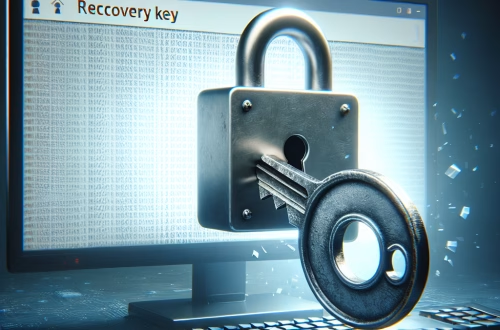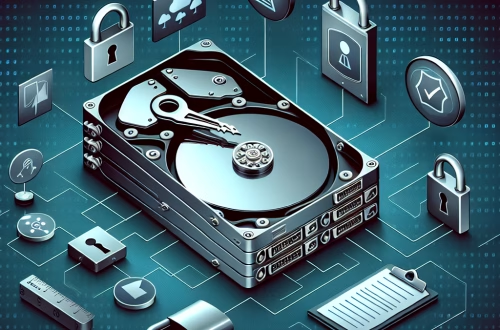bitlocker forgot password Explained
The “bitlocker forgot password” scenario occurs when a user is unable to authenticate access to a BitLocker-encrypted drive due to a forgotten password, PIN, or other authentication method. BitLocker is a full-disk encryption feature in Windows that protects data by encrypting entire drives. When the normal authentication method fails, the 48-digit BitLocker recovery key becomes essential for unlocking the drive. Common triggers for this situation include hardware changes, forgotten passwords, or system updates that disrupt the Trusted Platform Module (TPM). Understanding and managing the recovery key is critical to avoid data inaccessibility.
What This Means for You
- Immediate Impact: If you encounter the “bitlocker forgot password” issue, your drive becomes inaccessible, preventing you from booting your system or accessing your data until the recovery key is provided.
- Data Accessibility & Security: Without the recovery key, your encrypted data may be permanently lost. Always back up your recovery key securely, such as saving it to your Microsoft account or storing it offline in a safe location.
- System Functionality & Recovery: Failure to resolve this issue can render your system unusable. Troubleshooting often involves accessing the BIOS/UEFI, using advanced recovery tools, or entering the recovery key during the BitLocker recovery process.
- Future Outlook & Prevention Warning: Ignoring or mishandling the recovery key can lead to recurring issues and potential data loss. Proactively managing your BitLocker settings and recovery key is essential for long-term data security.
bitlocker forgot password Solutions
Solution 1: Using the Recovery Key
The recovery key is the primary method to unlock a BitLocker-encrypted drive when authentication fails. Follow these steps:
- Locate your recovery key. It may be saved in your Microsoft account, on a USB drive, or in a printed document.
- During the BitLocker recovery screen, enter the 48-digit recovery key when prompted.
- If the key is accepted, your drive will be unlocked, and you can access your data.
Common Pitfalls: Ensure the key is entered accurately, as even a single incorrect digit will prevent access.
Solution 2: Resetting the TPM
If the issue is caused by a TPM error, resetting the TPM may resolve it. This process erases the TPM keys, so proceed with caution:
- Boot into the BIOS/UEFI settings and locate the TPM section.
- Select the option to clear or reset the TPM.
- Restart your computer and allow Windows to reconfigure the TPM.
- Re-enable BitLocker if necessary.
Note: Back up your data before resetting the TPM to avoid data loss.
Solution 3: Advanced Troubleshooting with Command Prompt
If recovery tools fail, use the Command Prompt to manage BitLocker:
- Boot into the Windows Recovery Environment (WinRE).
- Open Command Prompt and use the
manage-bdecommand to check the drive status:manage-bde -status C: - To unlock the drive, use:
manage-bde -unlock C: -RecoveryKey [recovery key]
Prerequisites: Ensure you have the recovery key and administrative privileges.
Solution 4: Data Recovery Options
If all else fails, specialized data recovery tools or services may be required. These tools can bypass BitLocker encryption in certain scenarios but are often costly and time-consuming. Always use reputable services to avoid further data loss.
Related Topics
- BitLocker recovery key not working
- TPM error and BitLocker
- Managing BitLocker encryption from Command Prompt
Other Resources
For detailed guidance, consult the official Microsoft documentation on BitLocker recovery or trusted security advisories on managing TPM issues.
How to Protect Against bitlocker forgot password
- Regularly back up your BitLocker recovery key to multiple secure locations, such as a Microsoft account, a USB drive, and a printed copy.
- Enable BitLocker automatic unlocking for fixed data drives to reduce the need for manual authentication.
- Monitor system updates and hardware changes that may trigger BitLocker recovery.
- Use a password manager to securely store your BitLocker PIN or password.
- Familiarize yourself with the recovery process to minimize downtime in case of an issue.
Related Key Terms
- BitLocker recovery key not working
- TPM error BitLocker
- BitLocker drive encryption stuck
- manage-bde command prompt
- BitLocker automatic unlock issue
- Windows 10 BitLocker fix
*Featured image sourced by Pixabay.com




